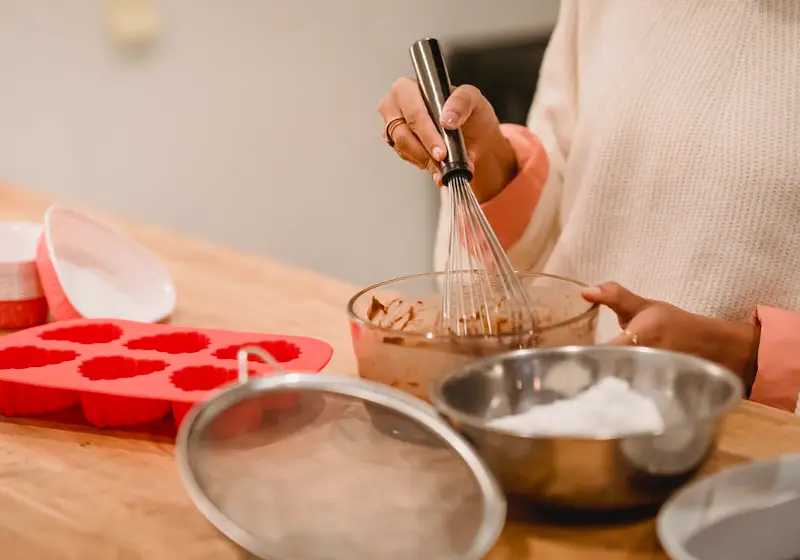Baking is an excellent pastime for people of all ages! Not only do you get delicious treats out of it, but you can also gain valuable life skills, such as how to measure and calculate with accuracy. But even though baking is fun and delicious, it can be difficult to understand as a beginner.
Most recipes lack in-depth instructions and skip over the stages they assume you already know. Plus, popular baking shows are typically short and don’t illustrate proper techniques.
I have been baking for years, and my expertise greatly developed during the pandemic. I have explored many types of desserts, from vegan cupcakes to decadent chocolate cakes. As a result, I understand that baking can be challenging. Now, there isn't one exact way to bake, but there are a few things to keep in mind to avoid kitchen fires and catastrophes.
Let us slide into your dms 🥰
Get notified of top trending articles like this one every week! (we won't spam you)1. Check your ingredients
Make sure you check that you have all the necessary materials before you start to bake. Before you begin, read over the entire recipe instead of briefly glancing over provided lists. If you read it thoroughly, you ensure that you can bake with as few distracting interruptions as possible. Having all your ingredients before you start paves the way for a successful and pleasant baking experience!
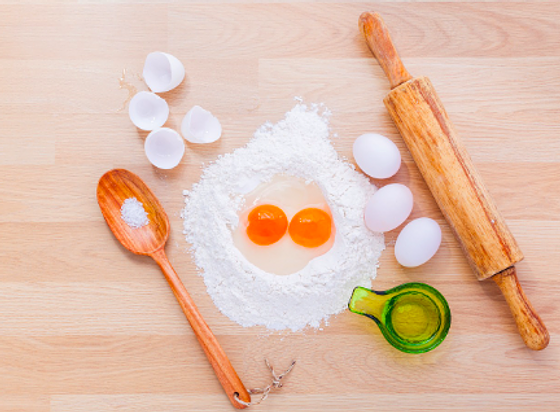

Take the Quiz: What K-Drama Character Are You The Most Like?
Take this quiz to find out which K-Drama Character you're like the most!
2. Use Unsalted Butter
Most online recipes assume that the reader is familiar with baking, so they only give vague lists of ingredients. They usually won’t describe what type of flour, sugar, or butter was used, so it is essential to understand that in baking, butter is always unsalted, unless otherwise specified. It doesn’t matter what type you use, but you need to make sure that it is unsalted. This helps the natural flavors of your ingredients shine and allows you to control the level of salt in your food.
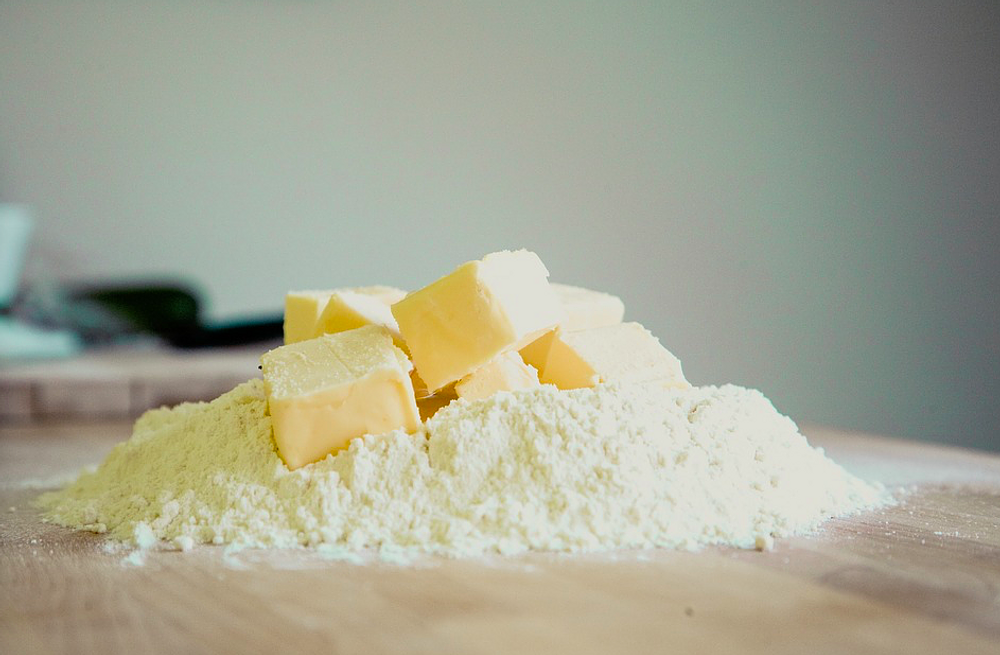
Image: Markus Spiske from Pexels
3. Use large eggs
Whenever a recipe mentions “eggs,” it means large eggs. Though egg size may seem trivial, it can significantly influence your final product. Egg size has an impact on the baked good’s flavor, texture, and density; using smaller ones than the recipe calls for will switch up the ratios and could negatively affect the outcome. So, when baking, make sure that you are using large eggs, unless, of course, the recipe says otherwise.
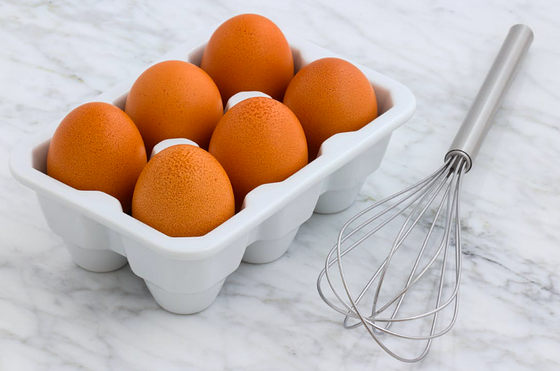
Image: Estudio Gourmet from Pexels
4. Remember to grease your pans
I have baked many things that didn’t come to fruition because they got stuck in the pan. You must grease the pans you use when baking! Applying a layer of grease will guarantee that your goods don’t get stuck.
It typically doesn’t matter what kind you use, but make sure you use some type of non-sticking product; some possible ones are canola oil, cooking spray, and olive oil spray. You can also line the pans with parchment paper. When using any of these products, apply the spray to the sides and bottom of the pan. Don’t worry about using too much— the more the merrier!
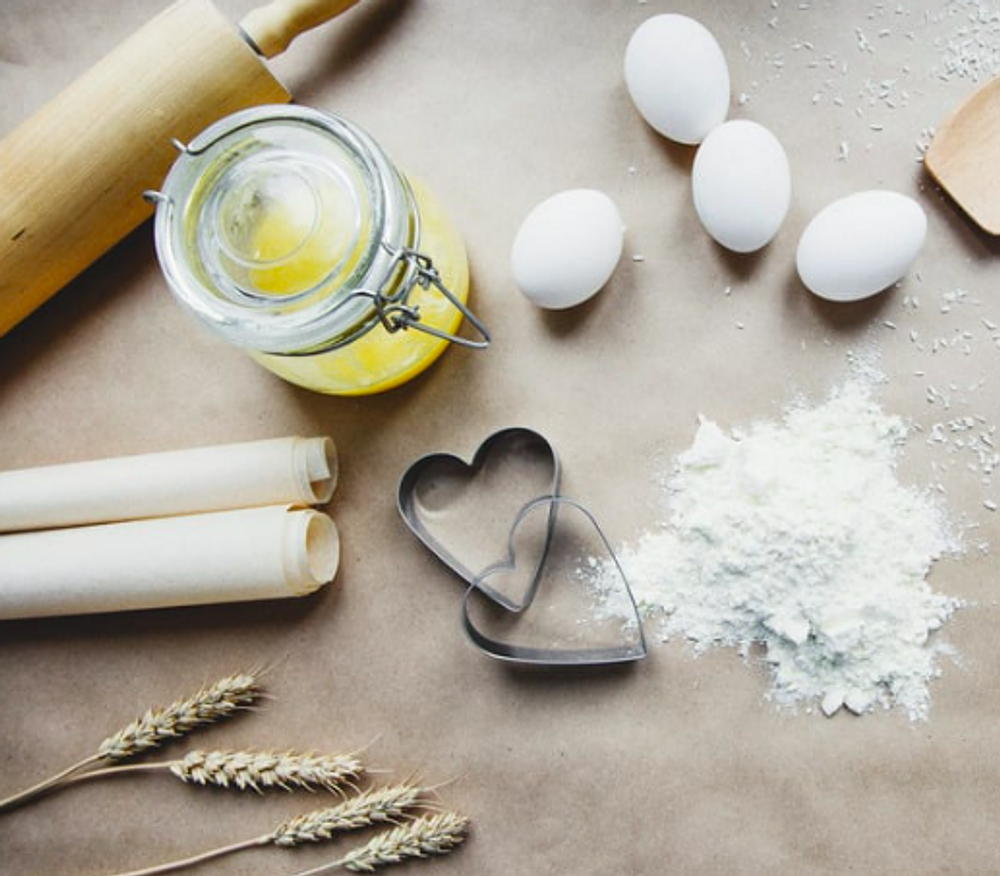
Image: Ksenia Chernaya from Pexels
5. Don't Pack Down the Flour
When baking, it is important not to pat down the flour when measuring. Patting down the flour will cause it to be packed down, resulting in too much flour being used in the recipe. This can cause your baked goods to be dense and heavy. It is better to lightly spoon the flour into the cup and then level it off for a more accurate measurement.
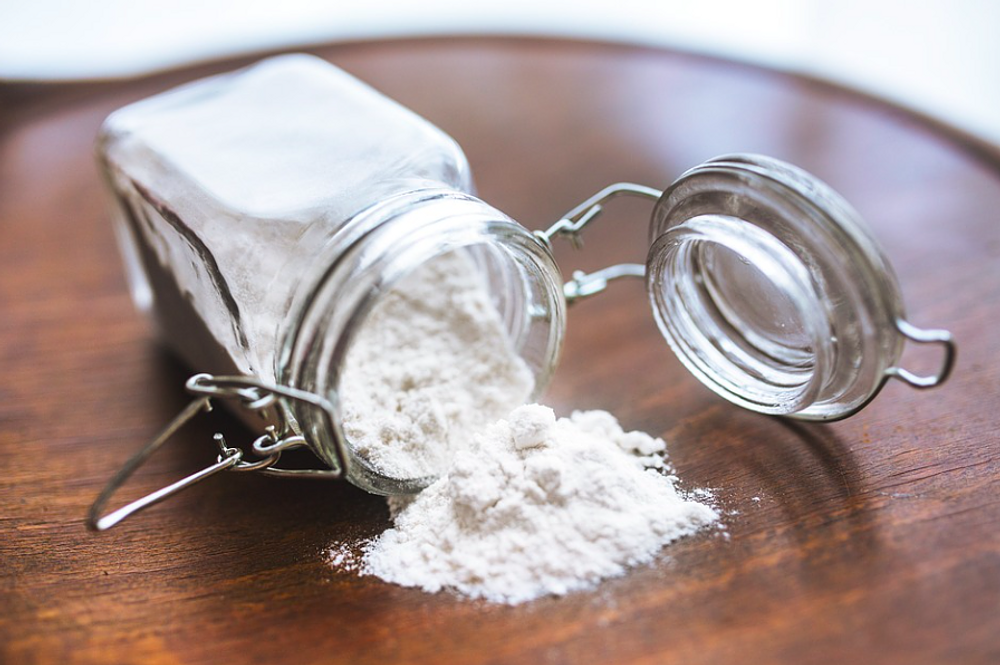
Image: kaboompics from Pixabay
6. Preheat
A lot of people wonder if they need to preheat their ovens, and the answer is yes! You must do so before putting the pan in. If you don’t preheat the oven, it is unlikely that your food will bake at the correct temperature, which will alter your final baked goods.
It is also an important safety precaution. When you preheat the oven before placing food inside, you ensure that the food goes from cold to extremely hot. This is crucial (especially if you are cooking with meat) because it decreases the number of bacteria that will grow, as well as the chances of your encountering food poisoning.
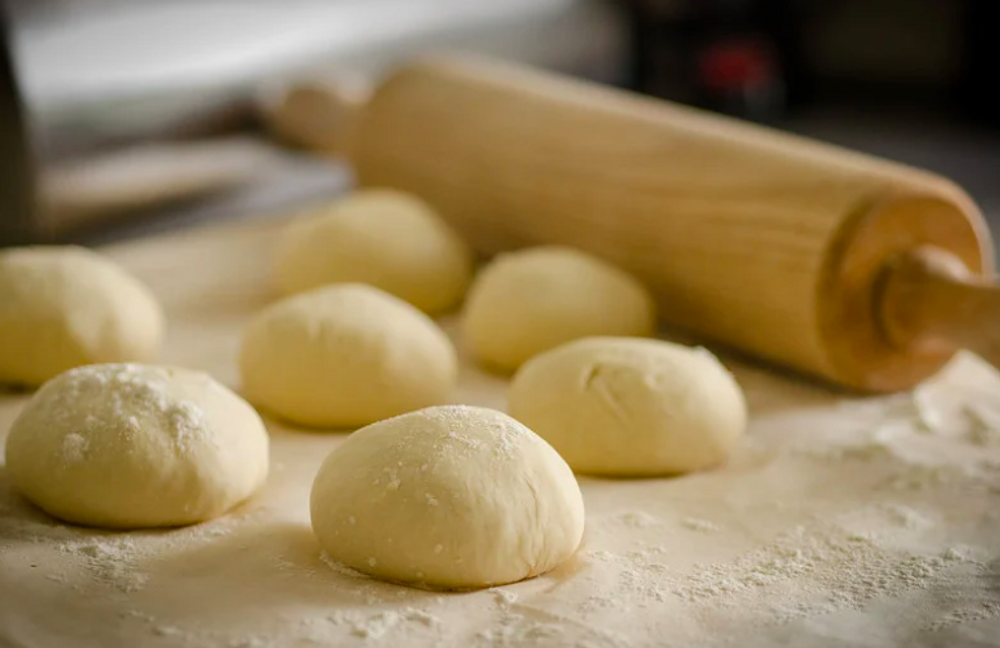
Image: Skitterphoto from Pixabay
7. Use the middle oven rack
The sixth baking tip is to use the middle oven rack. The heat in an oven rises, meaning that the middle zone of the oven is the perfect place for baking. The top oven rack will be extremely hot and could burn our food, while the lowest oven rack is often cool in temperature.
As a result, in the middle rack, the pan is equidistant from the top and bottom of the oven, so it receives heat from all sides. In this location, warm air flows from all over, so your food will receive heat from every direction. This means your food will be cooked evenly.
8. Keep the oven door closed
A common mistake beginning bakers make is that they continuously open the oven door to check on their pastries. To maintain the appropriate temperature of your oven, make sure you don’t open the oven door. You may feel tempted to, but doing so allows all the heat to escape.
Additionally, when you open the door, cold air rushes into the oven and cools down the pan. If you want your food to be cooked evenly, keep it closed! A good way to see if your food is baking correctly is by simply turning on the oven light.
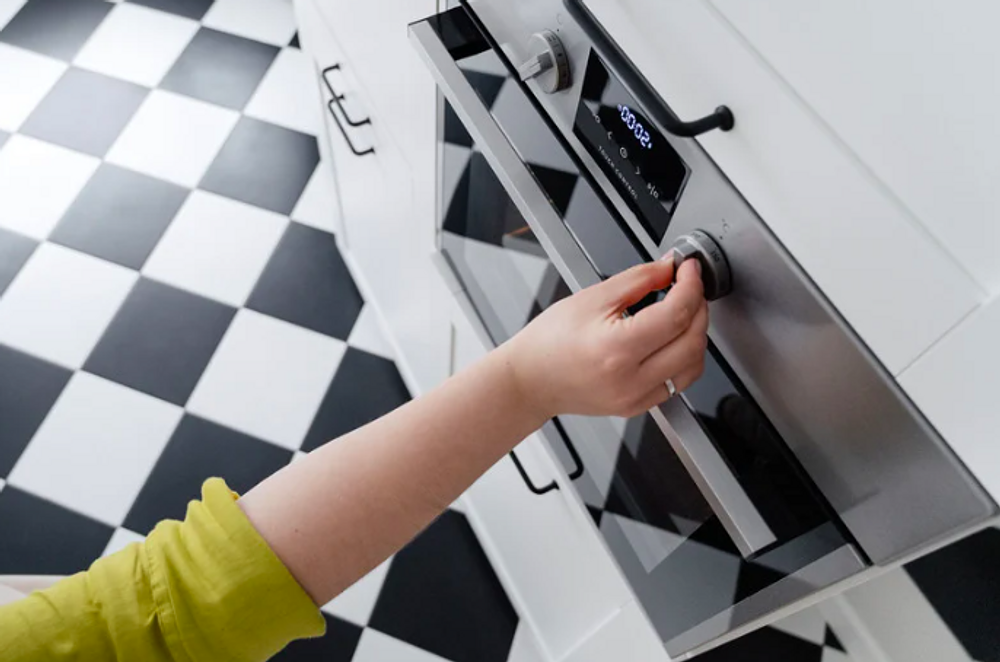
Image: SHVETS production from Canva
9. Let the food cool
This may seem obvious, but make sure you let your food cool before adding any decorations. If you begin icing your baked goods right after they come from the oven, they will be super hot and the icing will melt. Wait 10 to 15 minutes before adding the icing and decorations to ensure that they maintain their appearance!
Letting pastries cool while baking is also important because it allows the pastry to set and helps prevent it from crumbling or becoming overly dry. It also allows the pastry to absorb more moisture from the filling, which will help enhance the flavor.
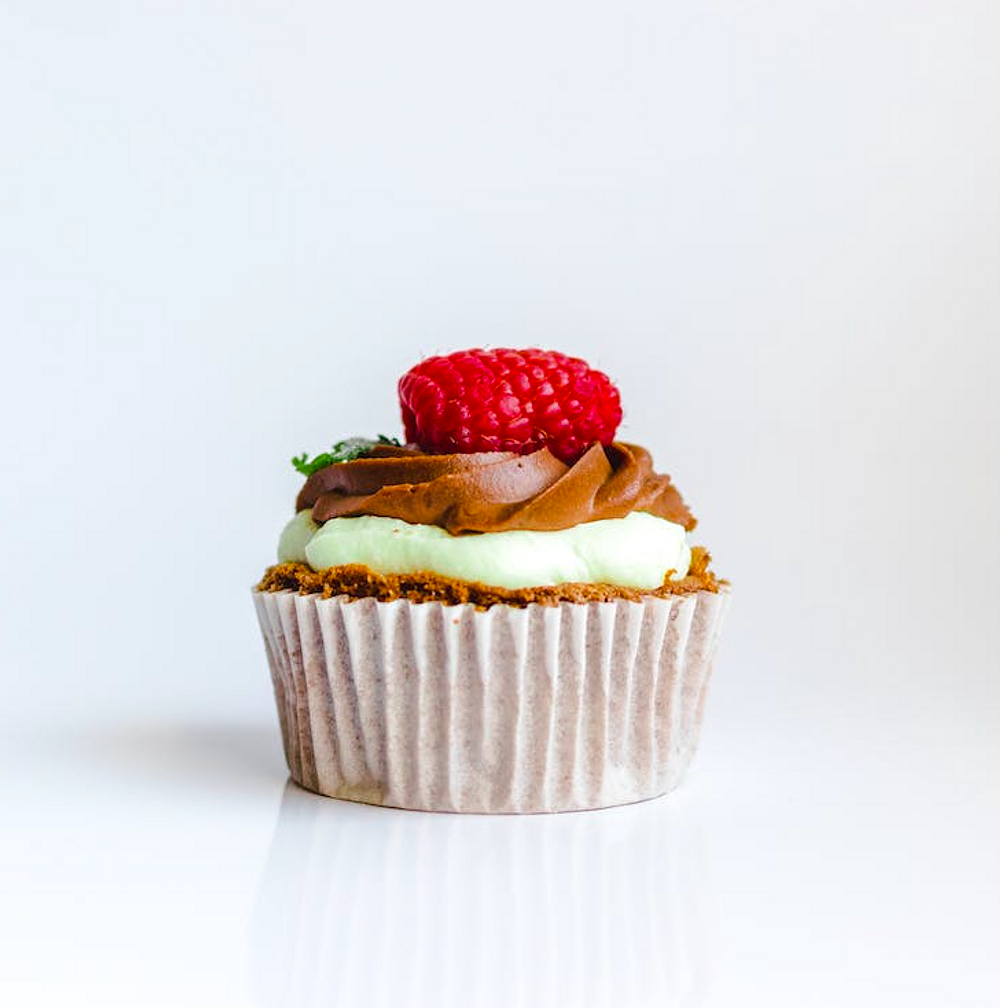
Image: Vojtech Okenka from Pexels
10. Don’t worry about perfection
Baking is difficult, especially for a first-timer, so don’t worry about perfection. It's important not to compare your food because everyone's baking style and ingredients are unique. Furthermore, doing so can cause frustration and disappointment.
Baking is all about having fun and eating delicious things, so the appearance doesn’t need to be flawless! Just remind yourself that you can do this!
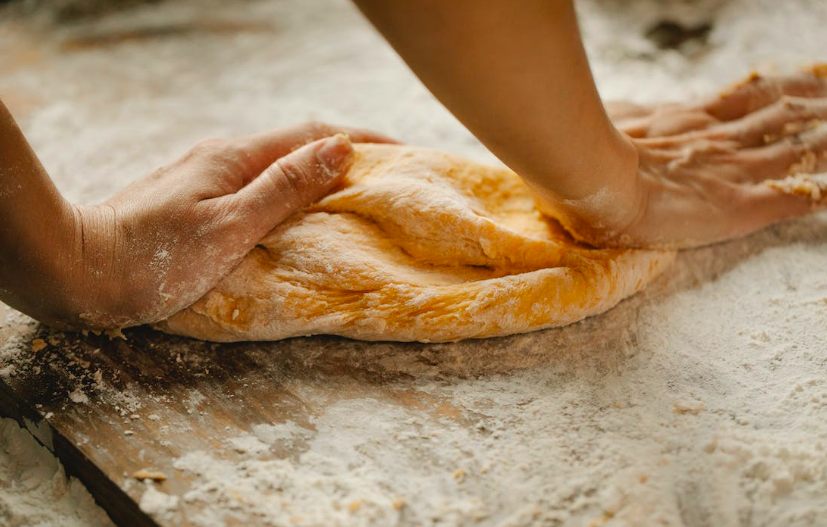
Image: Klaus Nielsen from Pexels
11. Practice
Relating to the previous point, don’t feel bad if your baking skills aren’t at the level that you want them to be. Baking, like any other skill, is one that you will develop over time. Failure is inevitable, but it doesn’t make you a bad baker; all you need is practice.
You can practice by reading cookbooks, watching instructional cooking shows, and baking. The more you bake, the better you will become. Practicing will help you improve your baking skills and technique, as well as become more confident in the kitchen. Also, taking time out of your day to bake can be an enjoyable way to spend time with friends and family!
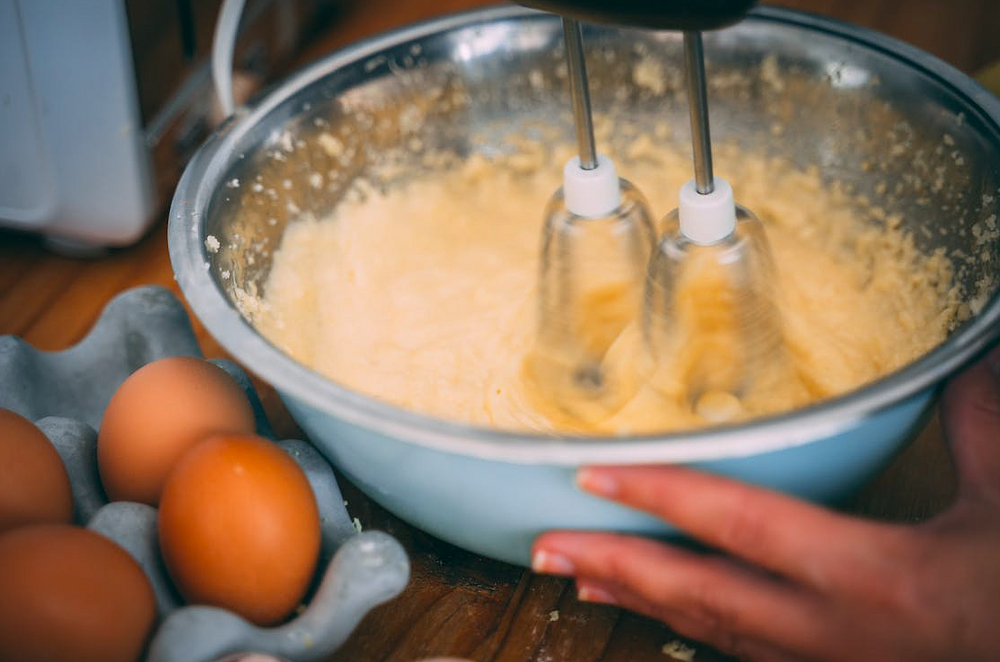
Image: Taryn Elliott from Pexels
Baking is an enjoyable and rewarding experience. With the right ingredients, the proper technique, and a bit of patience, anyone can create delicious and beautiful baked goods. So, have fun, be creative, and don't be afraid to experiment. Good luck and happy baking!
Beginner recipes to try:
Food and Wine - Classic Chocolate Chip Cookies













